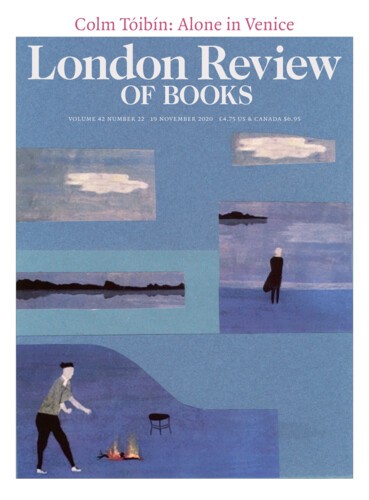Diary: Aristide’s Brain
Pooja Bhatia, 8 March 2012
Last May I went to see Jean-Bertrand Aristide at his big white house in the suburbs of Port-au-Prince. I’d been there in March, when the former president had been back home only a week, and the place had the feel of a set under construction: workmen in overalls among the mango trees, the smell of new paint, a sputtering tap in the office bathroom. Now the Aristides’ boxes had arrived from Pretoria, where the family spent most of their seven-year exile, and Aristide’s office was dominated by a piece of scientific equipment, positioned – conspicuously, I thought – near the visitors’ couch.




